- Free schools for IDP children in Arakan State struggle to stay open amid funding shortfall
- Female-headed IDP households in Ponnagyun Twsp struggle as commodity prices surge
- Min Aung Hlaing likely to take State Counsellor role in post-election government formation: Analysts
- Hindus express hope for educational reform under AA administration
- Arakanese zat pwe performers struggle to survive as conflict halts traditional shows
Houses, other buildings damaged by junta artillery strikes in Minbya
“The military council fired shells continuously. Some 10 shells landed in the town,” said a Minbya resident.
03 Jan 2024
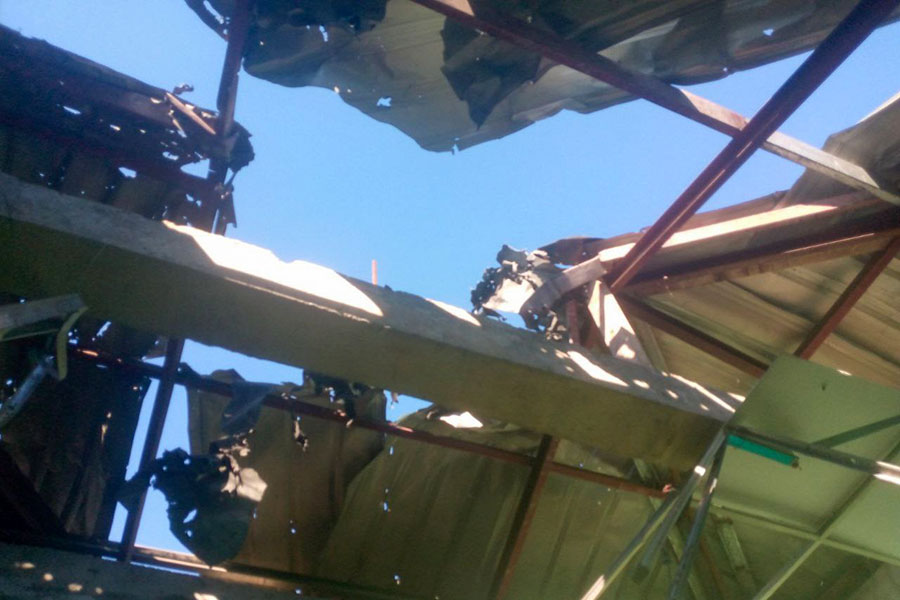
DMG Newsroom
3 January 2024, Minbya
Many buildings including houses were damaged by junta artillery strikes in Arakan State’s Minbya town on Tuesday, according to locals.
Junta troops stationed on Mount Kyein Taung carried out a bombardment on Tuesday morning that damaged the roofs of staff quarters at Minbya People’s Hospital, Basic Education High School No. 3 in Aung Thabyay Nyo Ward, and some shops in the central market. Some houses in Lanmadaw Ward and some buildings in Shwe Pyi Tan Jetty were also damaged.
“The military council fired shells continuously. Some 10 shells landed in the town,” said a Minbya resident.
The junta’s Light Infantry Battalion Nos. 380, 379 and 541, based on Mt. Kyein Taung, deliberately fired at least 30 shells on Minbya town starting from 4 a.m. on Tuesday while there was no fighting, said the Brotherhood Alliance.
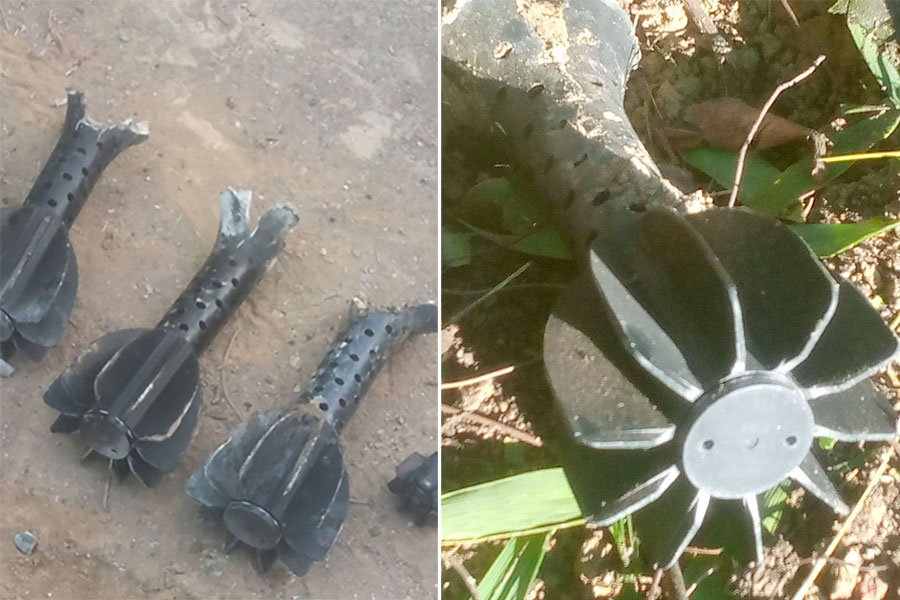
Many residents have fled Minbya town after some civilians were killed and injured by the junta’s artillery strikes on the town on December 18.
“We dare not return home. The news we have heard about Minbya is not good. Some people left in the town have been killed or injured. [The Myanmar military] is firing artillery shells daily, so we are concerned for our lives,” said a woman who fled Minbya town.
Minbya town has been largely deserted, and people who are left in the town are staying put in their homes.
The regime has been targeting the civilian population since renewed fighting broke out with the Arakan Army on November 13.
“We don’t know when we will be able to return home. It is not safe to return,” said a man who also fled Minbya.
Customary international humanitarian law requires any armed organisation to protect civilians and bars them from attacking, abducting and using civilians as human shields as well as targeting civilian houses. Perpetrators can be tried for war crimes.




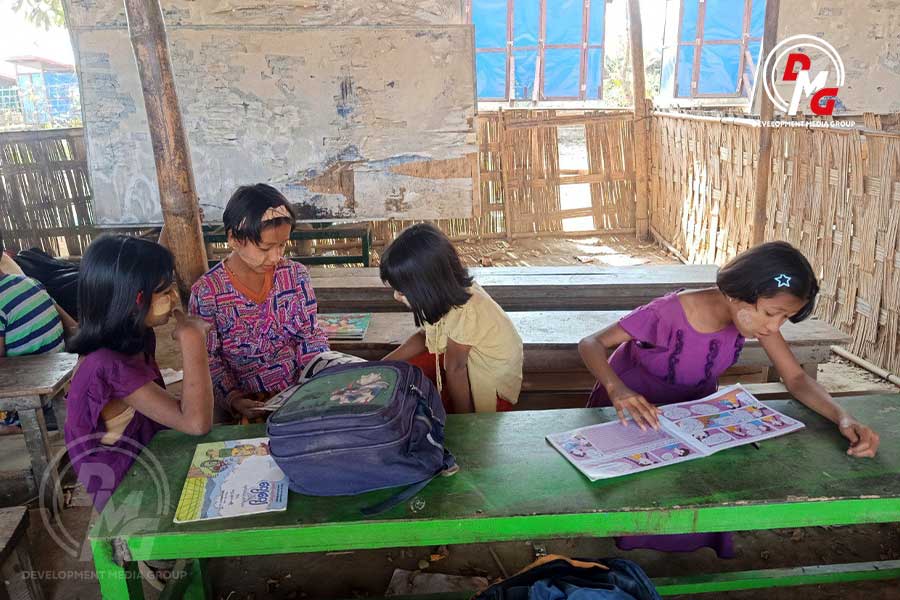
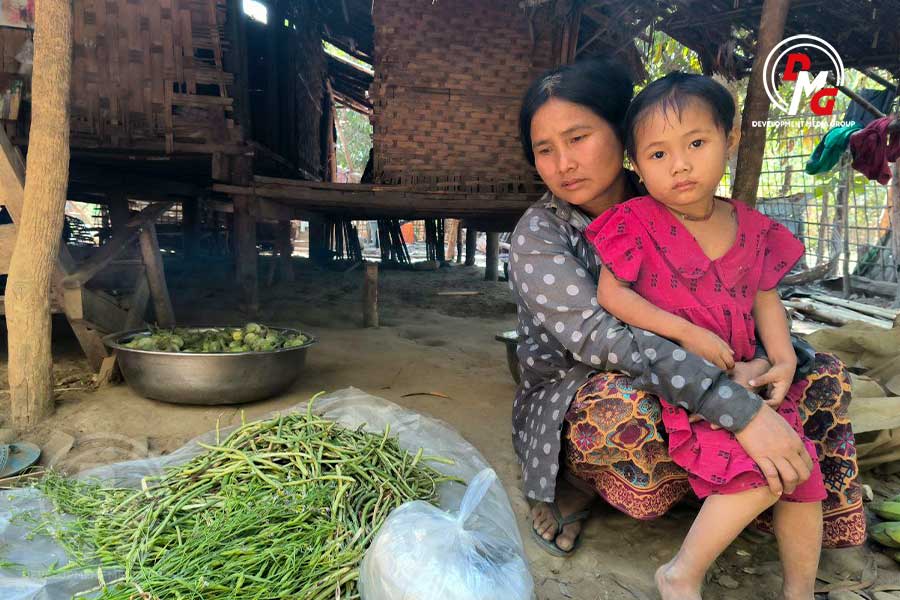
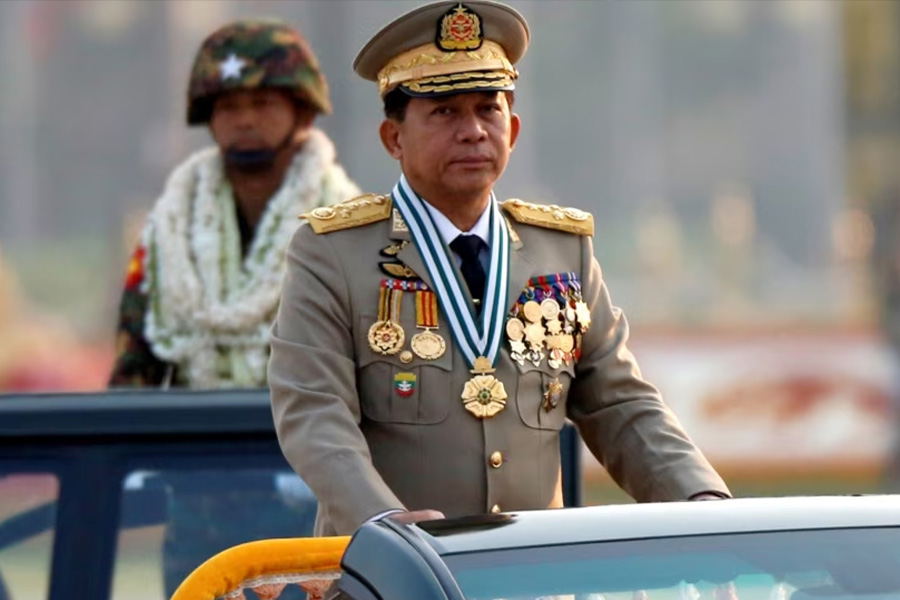
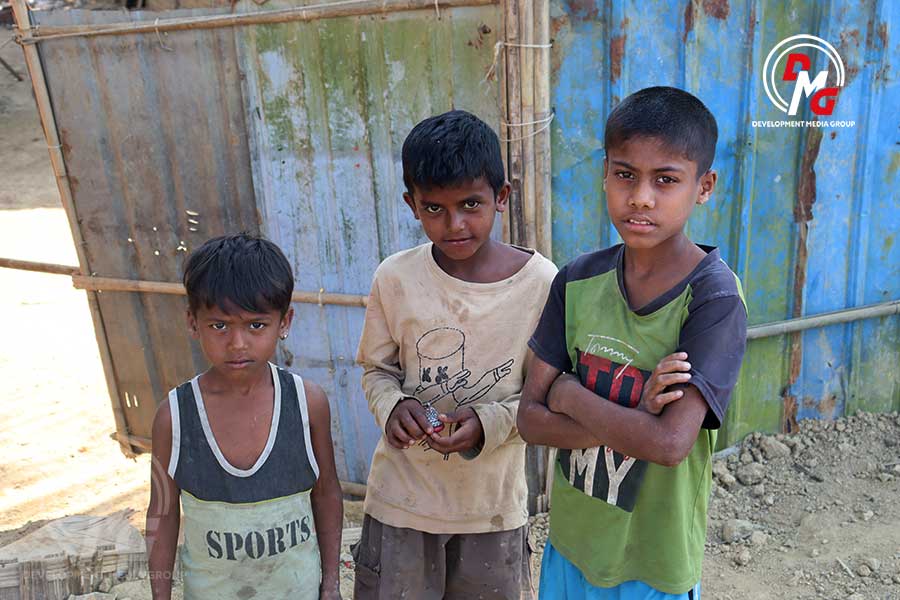
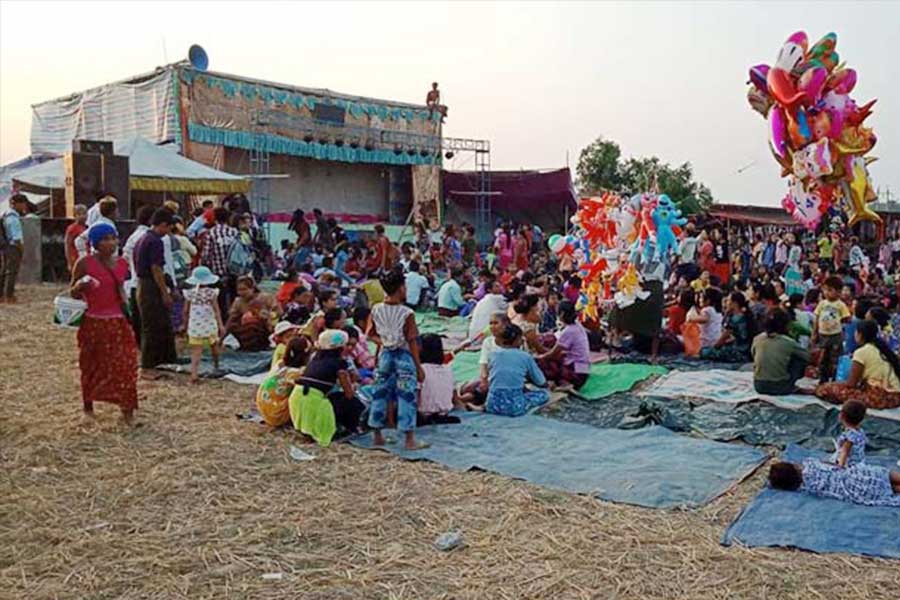








.jpg)